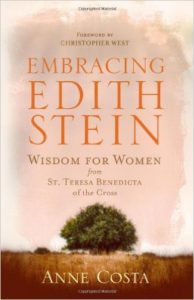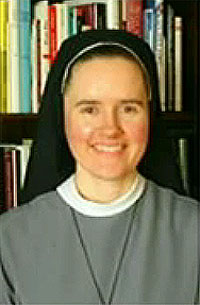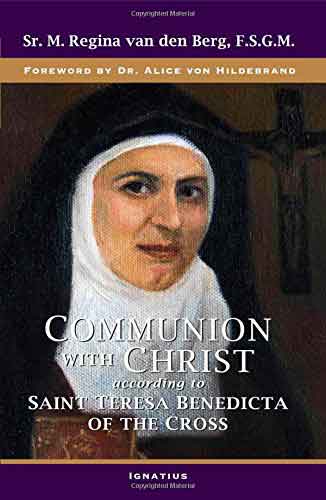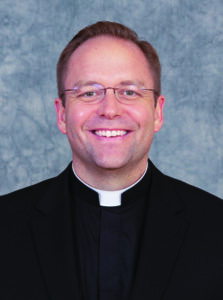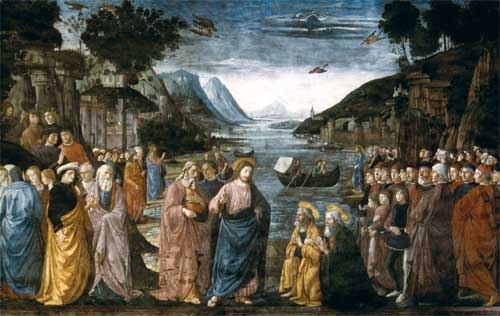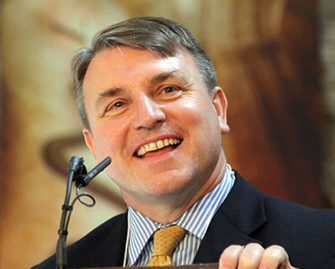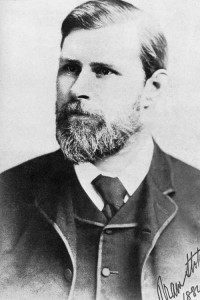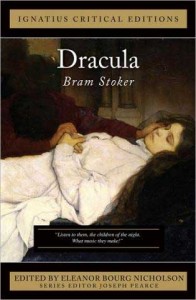Podcast: Play in new window | Download (Duration: 27:46 — 19.1MB) | Embed
Subscribe: Apple Podcasts | Spotify | Amazon Music | Android | Pandora | iHeartRadio | JioSaavn | Podchaser | Gaana | Podcast Index | Email | TuneIn | Deezer | Anghami | RSS | More

Episode 12 Why Confirmation Matters – Why it Matters: An Exploration of Faith with Archbishop George Lucas
In this episode with Archbishop Lucas we continue the conversation about the action of the Holy Spirit and why the Sacrament of Confirmation matters?
From the Catechism of the Catholic Church:
1309 Preparation for Confirmation should aim at leading the Christian toward a more intimate union with Christ and a more lively familiarity with the Holy Spirit – his actions, his gifts, and his biddings – in order to be more capable of assuming the apostolic responsibilities of Christian life. To this end catechesis for Confirmation should strive to awaken a sense of belonging to the Church of Jesus Christ, the universal Church as well as the parish community. The latter bears special responsibility for the preparation of confirmands.127
1310 To receive Confirmation one must be in a state of grace. One should receive the sacrament of Penance in order to be cleansed for the gift of the Holy Spirit. More intense prayer should prepare one to receive the strength and graces of the Holy Spirit with docility and readiness to act.128
1316 Confirmation perfects Baptismal grace; it is the sacrament which gives the Holy Spirit in order to root us more deeply in the divine filiation, incorporate us more firmly into Christ, strengthen our bond with the Church, associate us more closely with her mission, and help us bear witness to the Christian faith in words accompanied by deeds.
1317 Confirmation, like Baptism, imprints a spiritual mark or indelible character on the Christian’s soul; for this reason one can receive this sacrament only once in one’s life.
For more episodes in this series visit the

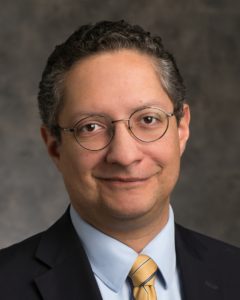
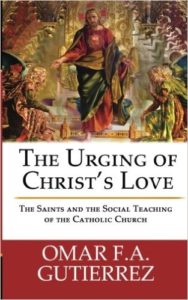
 Far from a clinical dissertation on Edith Stein’s writings, Anne introduces us to a woman with whom she has shared a rich spiritual friendship. By learning from and then implementing her wealth of teaching, Anne gives a saint who can help us to grow in faith and wisdom . Highly recommended!
Far from a clinical dissertation on Edith Stein’s writings, Anne introduces us to a woman with whom she has shared a rich spiritual friendship. By learning from and then implementing her wealth of teaching, Anne gives a saint who can help us to grow in faith and wisdom . Highly recommended!